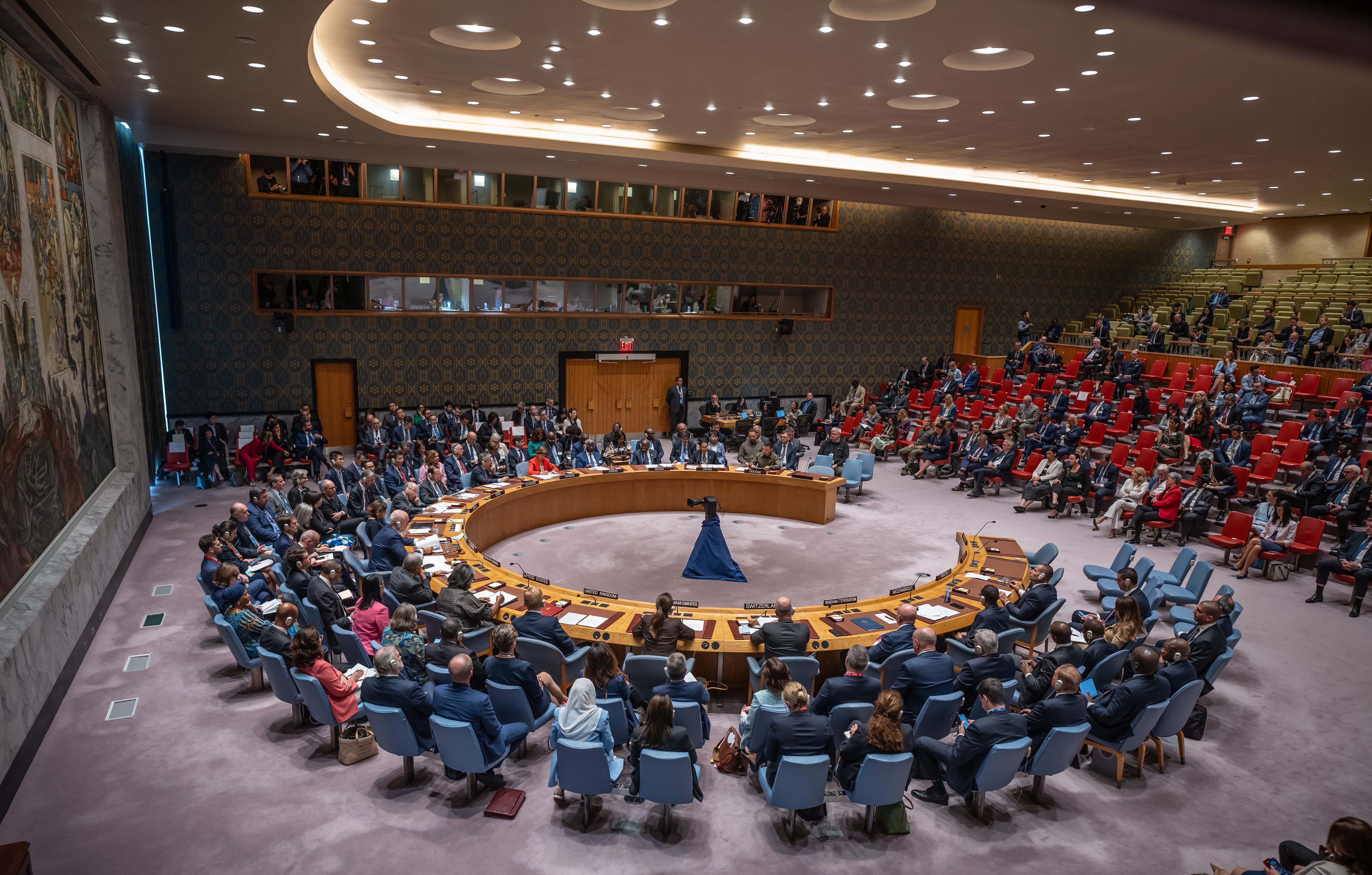With Russia abstaining, the UN Security Council voted unanimously on Friday to wind down its 245-person Integrated Transition Assistance Mission in Sudan, aka UNITAMS, starting Dec. 4. Over the next three months, tasks will transfer to other UN agencies “where feasible,” and financial arrangements will be made with the UN Country Team remaining on the ground.
UNITAMS was established in 2020 to support Sudan’s transition to democratic rule, but operations stalled after a military coup in October 2021. When fighting erupted in April 2023 between the Sudanese army and the Arab-led paramilitary Rapid Support Forces, Sudanese leader Gen. Abdel Fattah al-Burhan blamed UNITAMS chief Volker Perthes for the violence and demanded he be fired. Perthes stepped down in September, but last month, al-Burhan requested the end of the mission. The UNSC had to comply as it cannot operate without the host country’s consent.
UN Secretary General Antonio Guterres defended UNITAMS, blaming the violence on Burhan and RSF leader Mohamed Hamdan Daglo. Washington, meanwhile, has signaled that it’s “gravely concerned” that the withdrawal will “embolden the perpetrators of atrocities with dire consequences for civilians.” In the last six months, 9,000 people, mostly ethnic Masalit, have been killed in violent conflicts between the Sudanese army and the RSF, and experts warn of an impending genocide.
The withdrawal is the latest blow to the UN’s influence in Africa, coming on the heels of Mali’s demand in June for the UN to terminate its peacekeeping mission there; it ends on Dec. 31.





